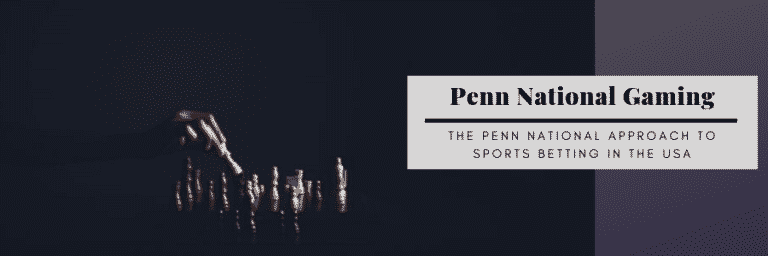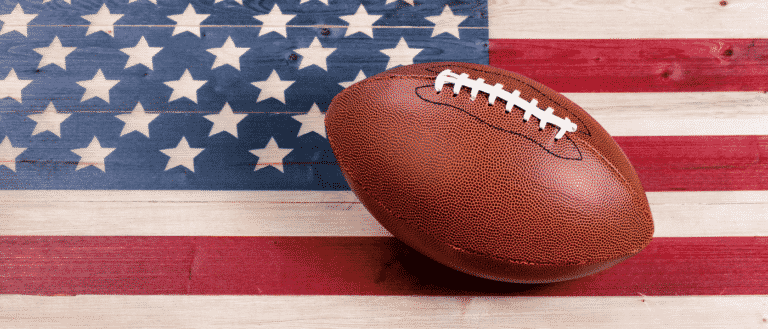What Factors Could Impede US Sports Betting Market Growth?

In February, issued a report with results from its US Sports Betting Regulatory Survey. The survey began in November 2020 to review current state and federal policy restrictions that could create a challenge in the industry as the market tries to expand.
Executives in the sports betting industry, along with regulators and legal advisors, were polled by GC for the survey.
Of the issues surveyed, 27% of respondents believed the Wire Act, which has been in the news of late, is the single biggest regulatory or legal issue concern that could stop online sports betting market growth. That placed the Wire Act ahead of all other responses.
As noted, the Wire Act has grabbed some recent headlines, producing a good news sandwich for the gambling industry.
The Federal Wire Act Only Applies To Sports Betting
Just after the survey started, the First Circuit Court of Appeals upheld a lower court decision that ruled that the Wire Act only applies to sports betting and does not count towards other online gambling formats.
This ruling takes away the uncertainty involving federal action. It allows other states to pick up the pace on online gambling legislation and alleviate the fears of states that had been waiting for more clarity to introduce measures.
It essentially paves the way for more states to continue legalizing online casino, lottery, and poker games.
Unfortunately, the First Circuit ruling has no impact on the Wire Act as it pertains to sports betting. That has never been in dispute.
The Wire Act (As It Stands) Hasn’t Prevented Sports Betting Expansion
That said, the Wire Act’s existence has done nothing to curtail the spread of legal sports betting in the US. Furthermore, the First Circuit ruling does provide a little cover for intrastate sports betting, even in instances where there is the intermediary routing of information across state lines.
What Should Sports Betting Operators Be Worried About?
After the Wire Act, the concern revolves around the lack of offshore enforcement. The study found that 18% of those surveyed were worried that offshore operations would impede the licensed and regulated industry’s growth.
For many years, offshore sites were a black market that provided sports betting services. That was until the United States Supreme Court ruled that the Professional and Amateur Sports Protection Act was invalid. States now have the authority to regulate sports betting, and where available, players are choosing the licensed operators, for the most part, over offshore sites.
However, at the same time, the offshore sites are still in operation. It is difficult for states to try and enforce actions against operators located in other jurisdictions. Because of this issue, some operators worry that offshore sites will be a problem as more states start to legalize online sports betting. Will players opt for a local site or offshore operator?
Most Concerning Scenarios
The VIXIO survey also polled participants on what they felt would be the most concerning scenario that could harm the blossoming industry’s growth and development. An adverse Wire Act ruling dominated the field, with 34% worrying about this now non-existent issue – when the survey started, Trump was still POTUS, and the new Wire Act ruling had not occurred yet.
However, with Donald Trump no longer in power and a new US Attorney General in the Department of Justice under President Joe Biden’s administration, this should not be an issue. Additionally, the biggest opponent of online gambling, Sheldon Adelson, passed away.
So, let’s look at other issues raised by respondents, including an Integrity/Match-Fixing Scandal. A total of 13% of those surveyed felt this could be an issue. This was followed closely by Advertising Backlash. There is a valid concern on both fronts.
With game integrity and match-fixing, operators are doing their best to ensure that each game is fair, so bets are valid. However, history tells us a sports betting scandal is not just likely, but almost a certainty. Match-fixing has been seen on an international level over the years, from La Liga to Tennis. It is not uncommon, and US shareholders seem to worry it could eventually be an issue in the US.
As far as advertising backlash is concerned, 12% feel it might be an issue in the future. Last year, several countries changed gambling advertising restrictions to lessen or ban advertising completely. Germany, Spain, and Belgium were just a few of the countries affected. Some of those surveyed fear that sports betting advertising might eventually be restricted in the US, leading to growth issues due to less marketing potential.
Moving Forward
Currently, 22 states in the US and the District of Columbia have passed legislation or launched sports betting. Arizona, Minnesota, and Texas are among the states that could legalize the option this year. Other states like Virginia and Oregon look to pass bills to increase the number of sportsbooks they can offer within their borders.
Despite the worries found in the VIXIO survey, the US’s sports betting industry is only going to continue to grow. Insights can be gained from surveys such as this and help the industry make changes to ensure potential problems are preemptively addressed before they become significant issues.
Sadonna brings creativity and knowledge to create quality gambling industry news coverage. The gambling landscape is constantly changing and Sadonna stays on top of the latest developments, good and bad. Sadonna plays a vital role at ycgts.shop in providing current updates with fully-researched news pieces.







